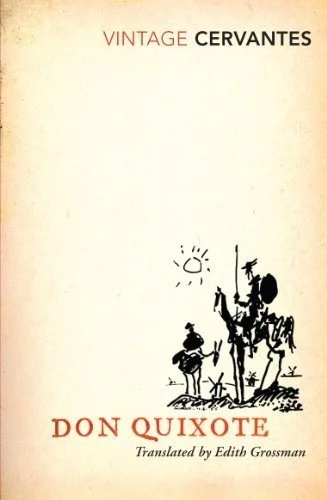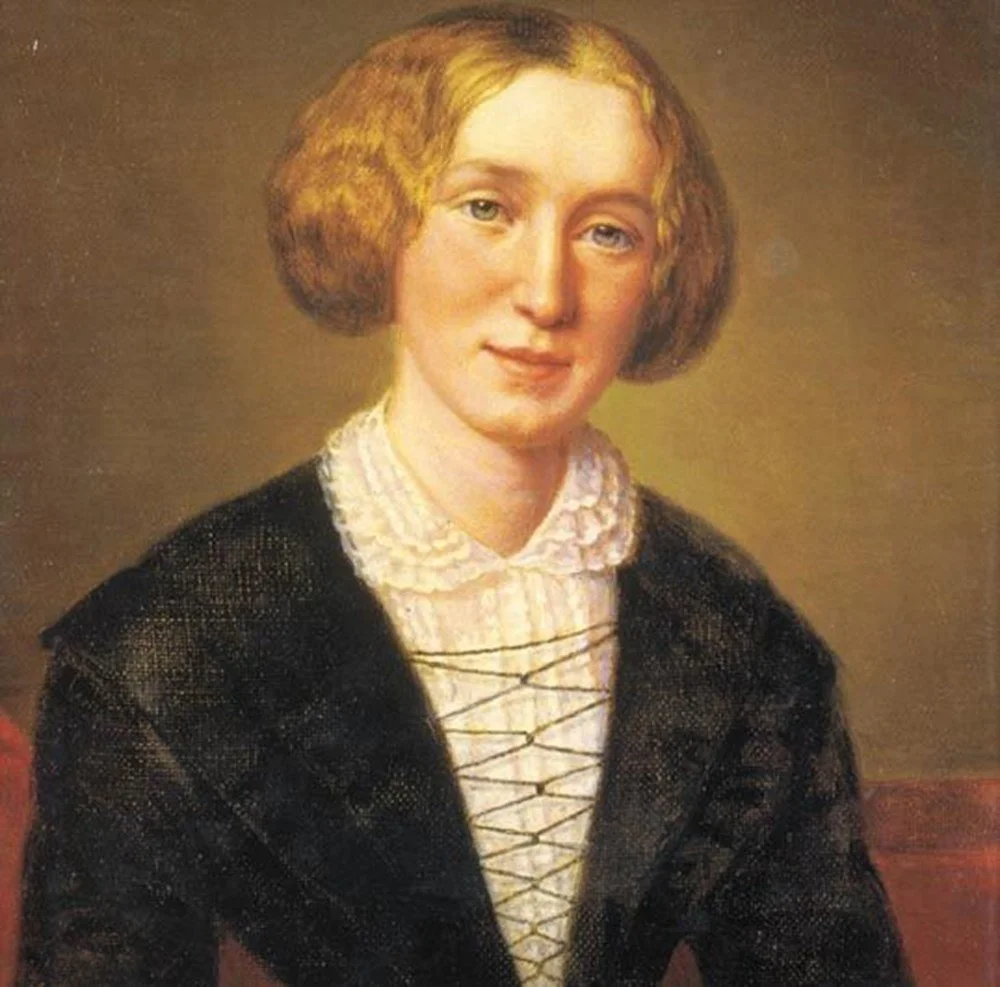BIG READS (Update #1)
On my Best Reads of 2022 post I mentioned that I’d embarked on a project to finally get to grips with a number of 600-page plus tomes within, and slightly to the sides of, the literary canon.
I actually finished the first, James Joyce’s Ulyssess, in December and reviewed in the aforementioned post. That was a great start to the enterprise, a 10/10 rating straight out of the gate. How would the next books fare? Let’s find out…
MIGUEL DE CERVANTES - DON QUIXOTE (1605)
This is a permanent feature of those lists of must-read classics, and is often touted as the first modern novel. This is the longest book in my reading list, about 940 pages in the edition I have. Which brings me to an important point when reading any English version of foreign-language literature: choose your translation wisely, for there are many dodgy, out-dated and bowdlerised versions floating around. If it’s a free ebook, it’s most likely going to be a poor or archaic translation, and that can drastically affect your experience with it.
For Cervantes the current favourite seems to be the Vintage edition (2003), translated by Edith Grossmann. This renders the book in modern, everyday English, with only the pompous chivalric speeches of our eponymous hero rendered in comic elevated archaisms, which is how the original would have been received in the seventeenth century.
So how did I find the book? I had high hopes for this, having heard many good things about it, but coming after Ulyssess and the amazing expereince I had with that work, it was inevitably going to suffer somewhat in comparison. I enjoyed it, it was never boring, and there was no great difficulty in reaching the end.
The only thing I can fault it for is that it was just good, but not really good. The tragi-comic wanderings of Don Quixote with his long-suffering sidekick Sancho Panza were interesting and mildly amusing, but I can’t honestly say that I laughed out loud at any time during this long tale. I found that the tragic side of it predominated - Quixote seemed to be a sad mentally ill individual, and that isn’t really something to laugh about in the end. Perhaps this book is a fixture in the canon more because of its ground-breaking ushering in of the modern novel as we know it, rather than on its contents. I can’t really fathom why some people cite this as their favourite book af all time, but each to her own, I suppose.
My rating: 8/10
GEORGE ELIOT - MIDDLEMARCH (1871)
I was a little nervous starting this one - not only due to its length, but also because of its reputation as one of the greatest (if not the greatest) novel in the English language. I’m no stranger to Victorian literaure, so I had few worries about the style and tropes one commonly meets in nineteenth century British literature.
It wasn’t long before I realised its greatness. The first thing that struck me was the wonderfully polished prose, beautifully formed sentences replete with a staggering vocabulary, and a wide range of references to the classics. I even stole one phrase to use as a song title - “to cast a charm on vacant hours.” Each chapter begins with a well-chosen quote from the likes of Milton, Shakespeare, Chaucer and so on, giving a quick insight into what is coming up in the tale. Where no such apt epithet was available, Eliot simply wrote her own.
What about the story? Among a host of supporting characters, there are three main couples whose stories play out in the small town of Middlemarch sometime in the 1830s, against a backdrop of the great ploitical reforms taking place in Britain.
Dorothea Brooke, a strong-willed woman who wants to use her position and wealth to do something worthwhile, marries the dry older academic Edward Casaubon and soon finds she has made a terrible mistake.
The proud young Dr Lydgate comes to town with new medical innovations and immediately finds himself at odds with the conservative elders. He marries the beautiful but entirely vapid Rosamund Vincy and falls into debt as his relationship and business begin to crumble.
Finally there is Fred Vincy, Rosamund’s brother, who nearly ruins the family of the girl he wants to marry, Maria Garth, by gambling away a loan he took from them, then struggling to prove his worth in order to secure her hand.
At the heart of the book is the theme of the difficulty of human relationships, with people failing to comprehend the most basic things about the ones closest to them, and the dire consequences resulting from this. Then there is the pressure of social expectations and generational conflicts in a time of great change (the railways literally cutting through the landscape).
It’s not all doom and gloom, though - there is a fair amount of humour in there too. Eliot herself sometimes breaks into the narrative to point things out to you in a way I haven’t seen elsewhere. Then there are two particulary funny / weird episodes which are also very surprising.
First, a hilarious scene where Dr Lydgate is trying desperately to escape from the tedious vicar Mr Farebrother, bent on boring him with his insect collection:
‘Ah! you are a happy fellow,' said Mr Farebrother, turning on his heel and beginning to fill his pipe. "You don't know what it is to want spiritual tobacco--bad emendations of old texts, or small items about a variety of Aphis Brassic, with the well-known signature of Philomicron, for the "Twaddler's Magazine;" or a learned treatise on the entomology of the Pentateuch, including all the insects not mentioned, but probably met with by the Israelites in their passage through the desert; with a monograph on the Ant, as treated by Solomon, showing the harmony of the Book of Proverbs with the results of modern research. You don’t mind my fumigating you?’
Just the sound of “Twaddler’s Magazine” had me giggling childlishly.
Then there is a bizarre episode in an auction room where an attendee points out that the item for a sale, a fender (a low frame surrounding a fireplace) looks rather too sharp:
It's not a thing I would put in my drawing-room,' said Mrs.Mawmsey…. '…Every blessed child's head that fell against it would be cut in two. The edge is like a knife.’
'Quite true,' rejoined Mr Trumbull, quickly, 'and most uncommonly useful to have a fender at hand that will cut, if you have a leather shoe-tie or a bit of string that wants cutting and no knife at hand: many a man has been left hanging because there was no knife to cut him down. Gentlemen, here's a fender that if you had the misfortune to hang yourselves would cut you down in no time - with astonishing celerity … -an appropriate thing for a spare bedroom where there was a four-poster and a guest a little out of his mind…’
Finally, there is the name of the neighbouring village - Freshitt - now surely that has to be a joke?
To conclude: a superb novel in every respect which gets a 10/10 rating from me.
The overall score sheet thus far in the project:
James Joyce - Ulyssess - 10/10
Miguel de Cervantes - Don Quixote - 8/10
George Eliot - Middlemarch - 10/10
Next up is Thomas Mann’s The Magic Mountain…


